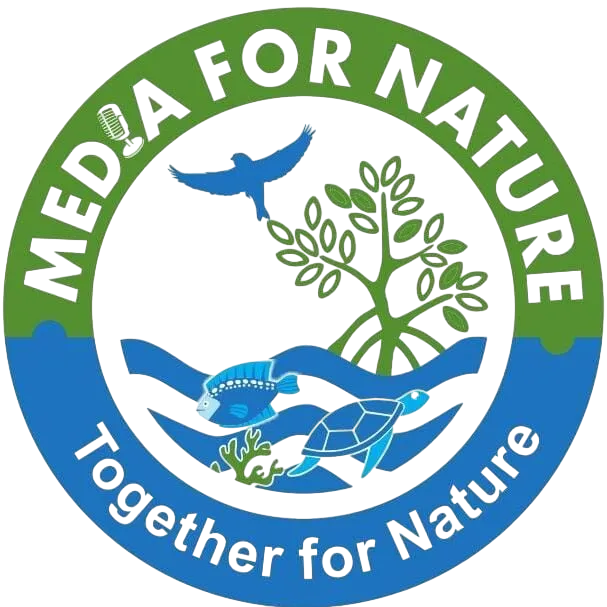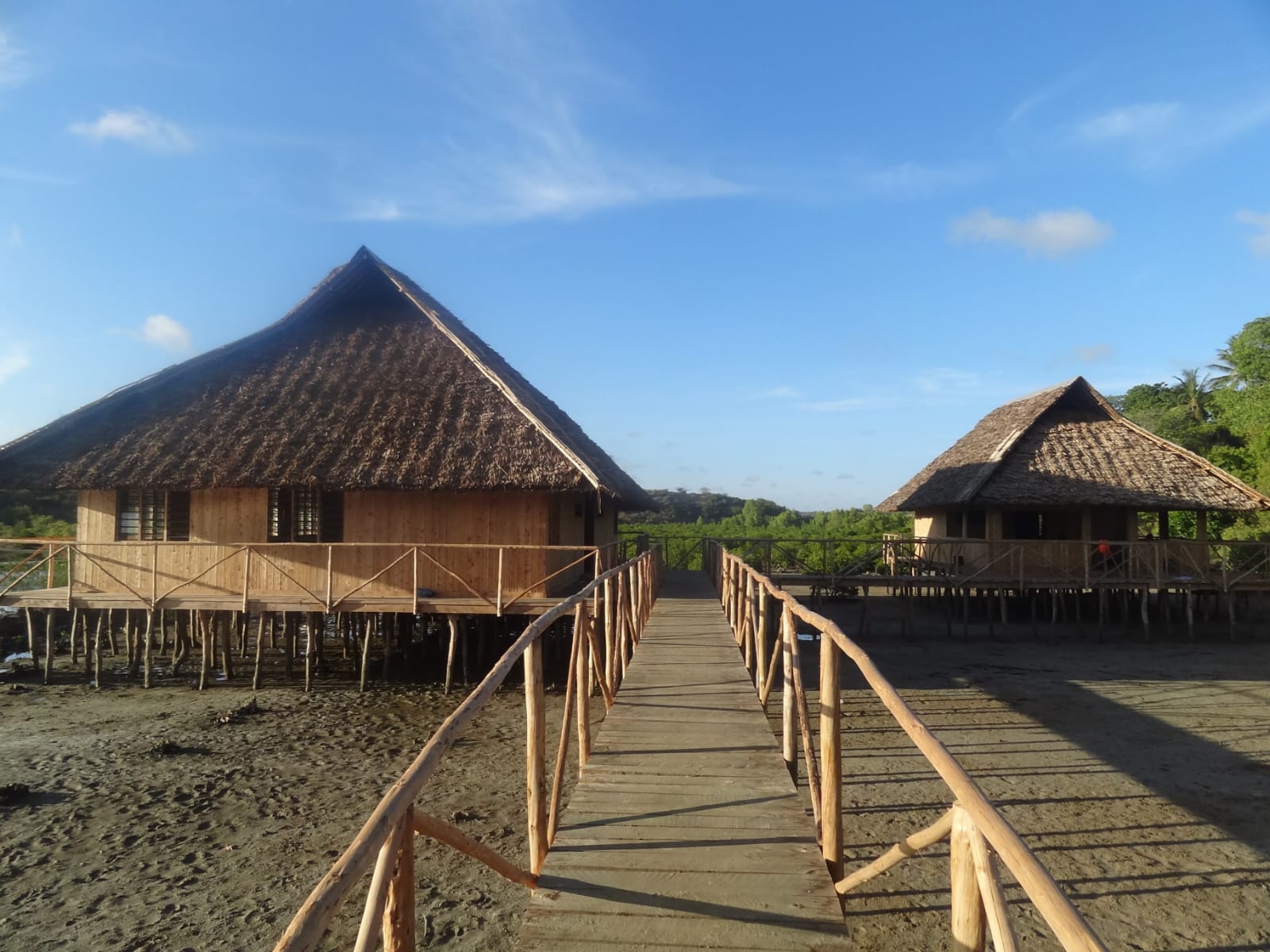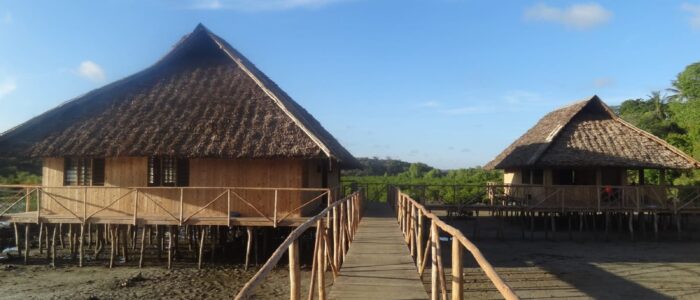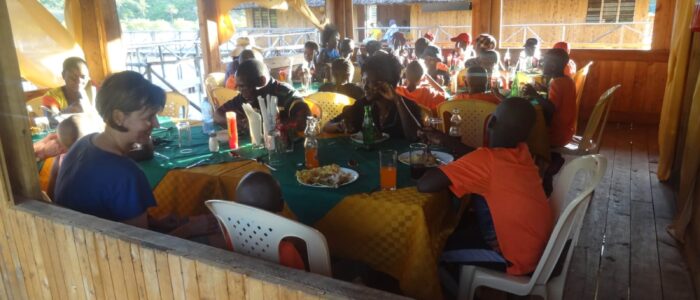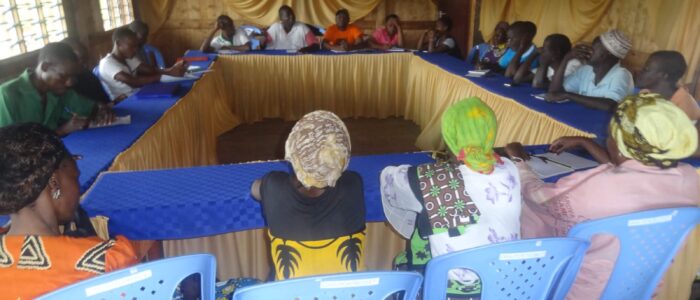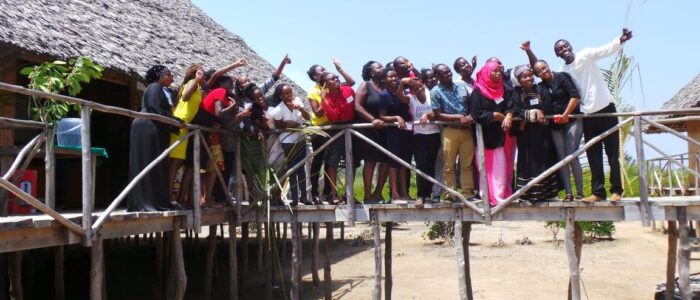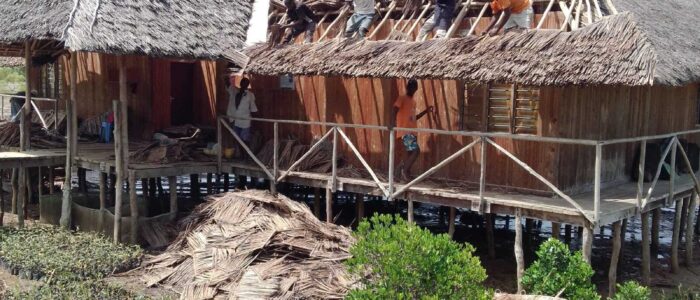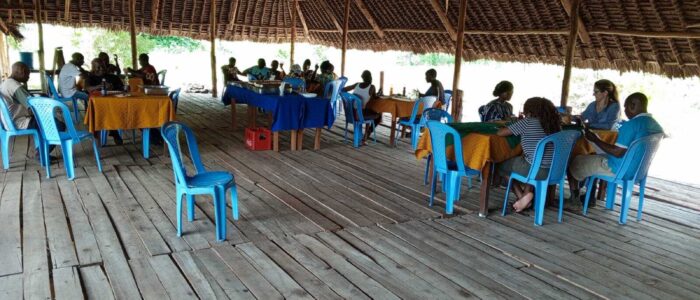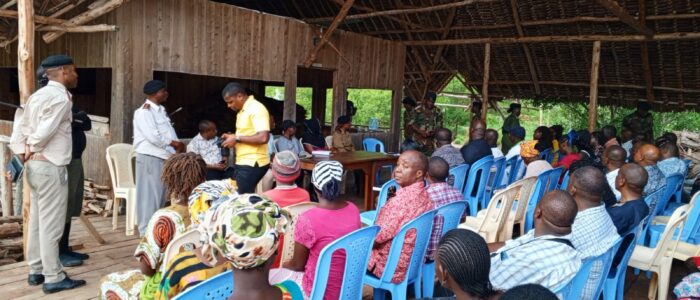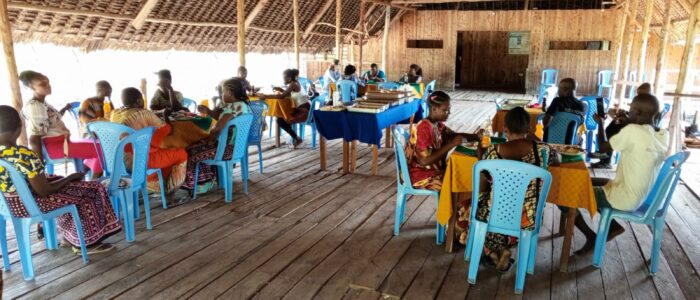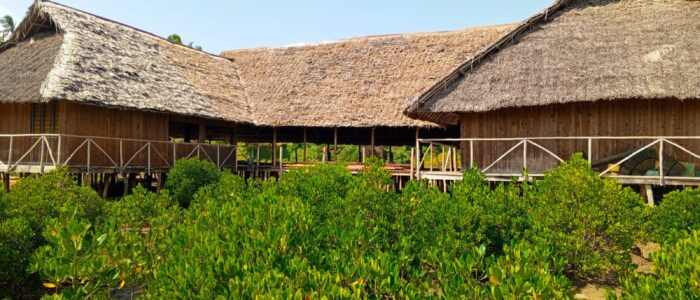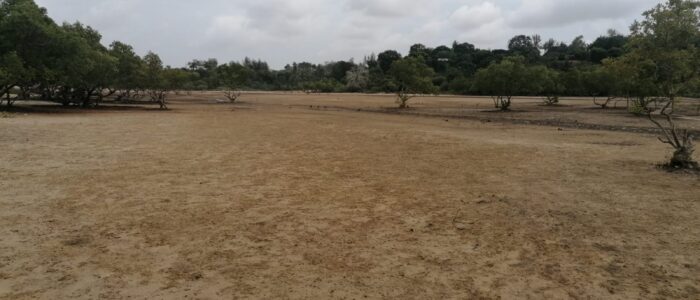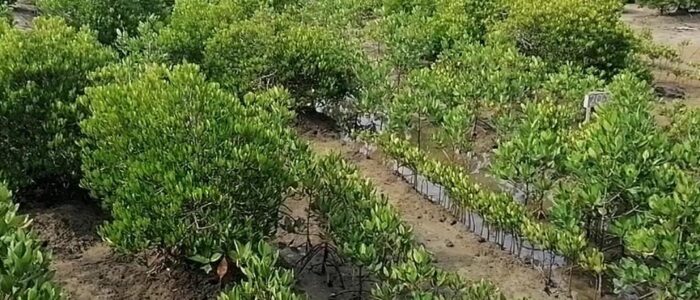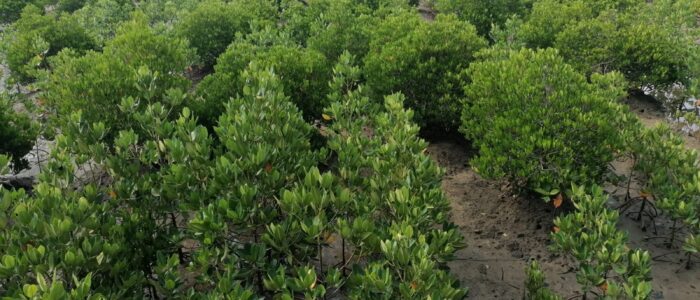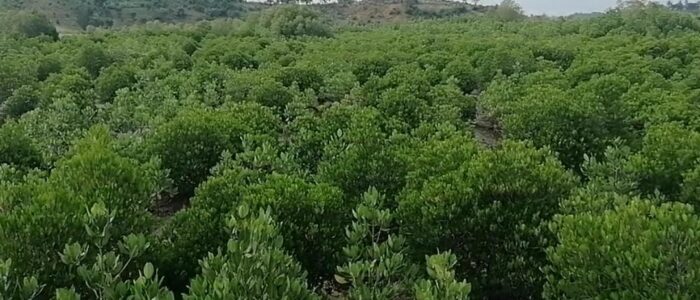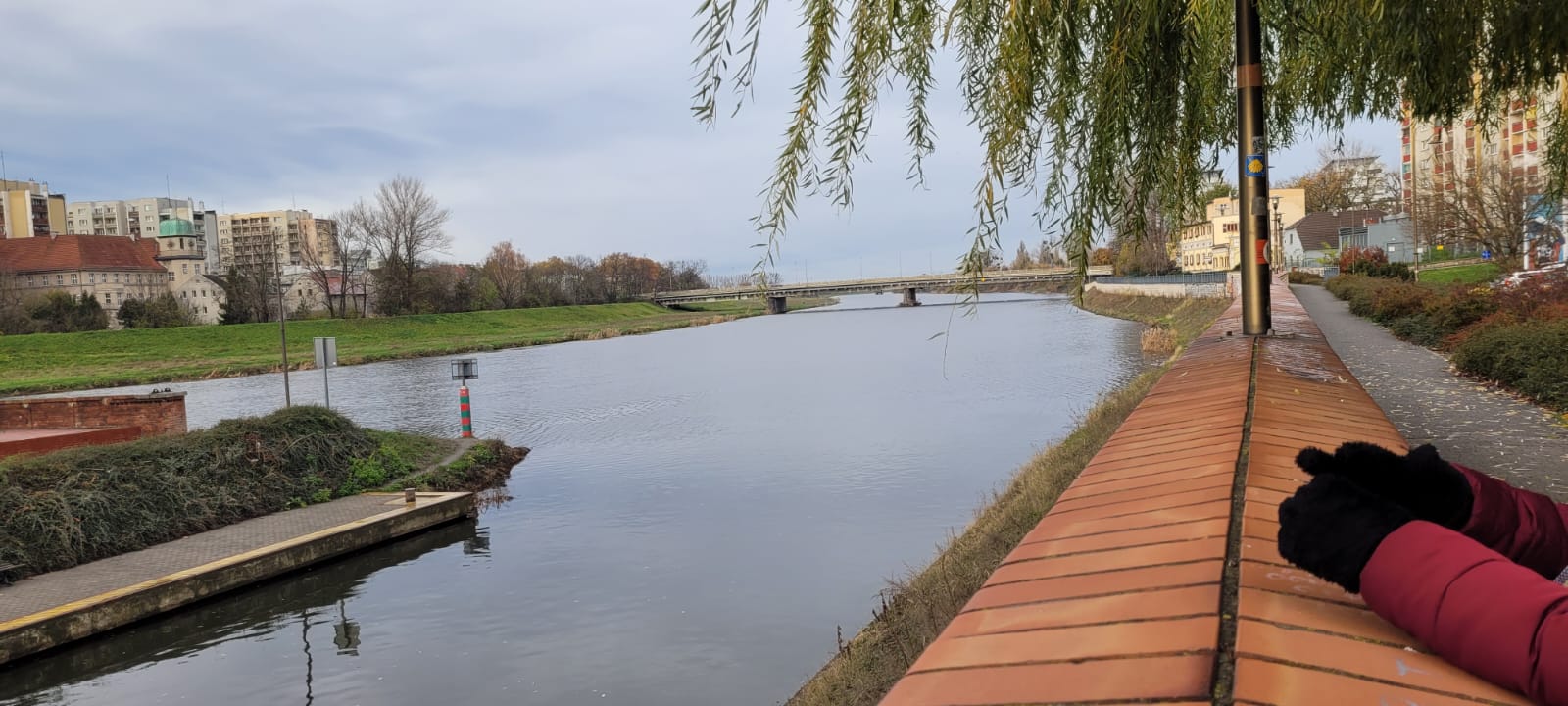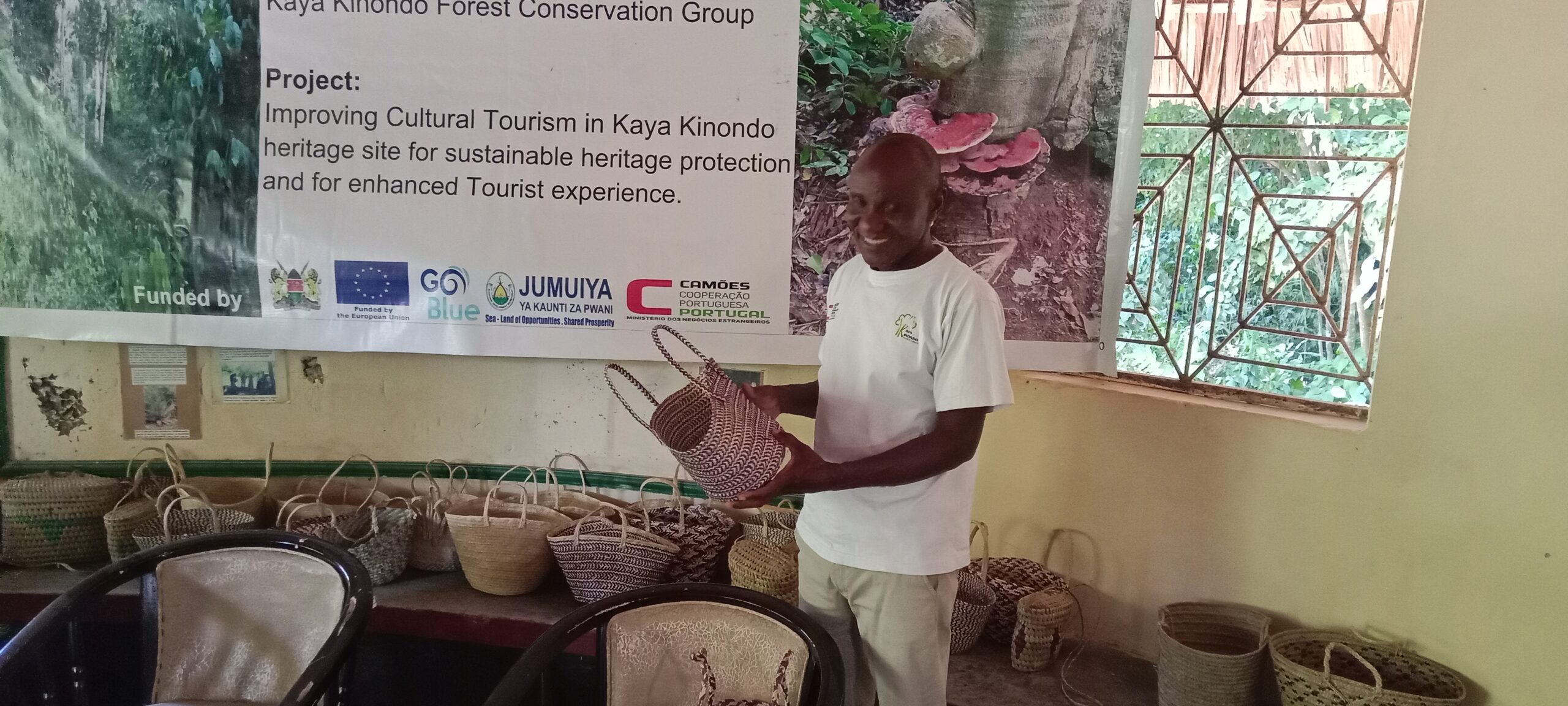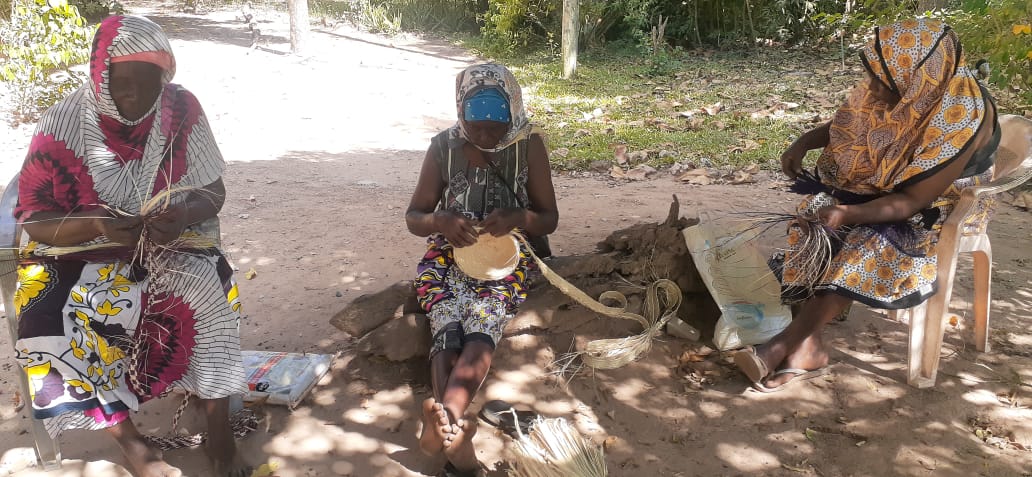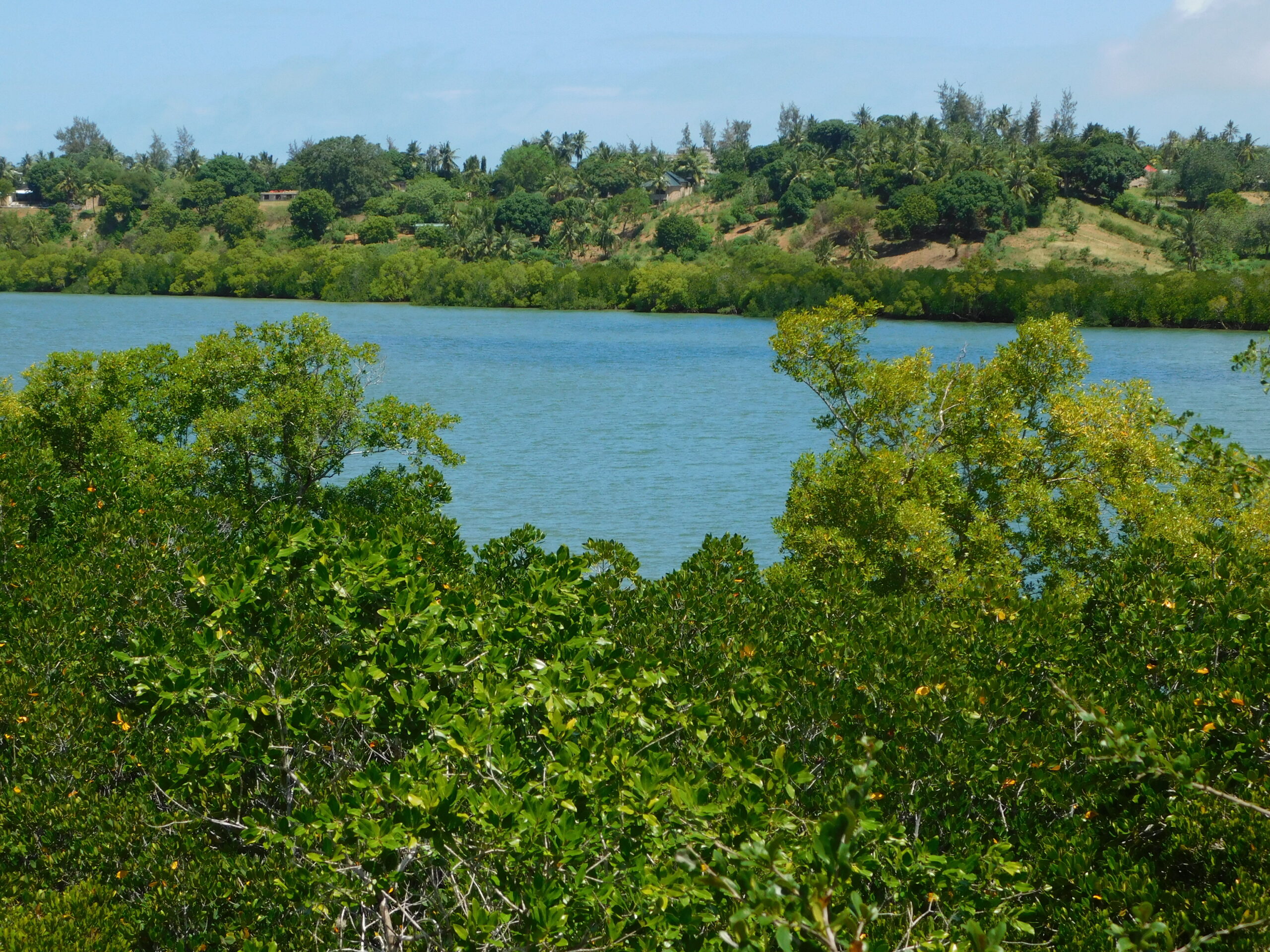Mombasa County’s only gazetted forest, the mangroves, is under severe threat from urban development, logging, and charcoal burning.
However, hope has been rekindled by the efforts of a community-based organization (CBO) called Community Environmental Sustainable Mariculture (COMENSUM). Located in Majaoni village, which borders Kilifi County, COMENSUM has established an eco-friendly information center and restaurant on a formerly degraded mangrove area along the creek that stretches from Mombasa to Kilifi County.
This center not only highlights the importance of mangrove ecosystems but also actively prevents further destruction by promoting awareness and restoration activities. The initiative focuses on rehabilitating bare tidal flats by scooping silt from ridges, which enhances mangrove root development and growth.
As a result, the area’s flora and fauna are gradually being restored, transforming it into an ecotourism site. Aligned with the Sustainable Development Goals (SDGs) 2, 8, 11, 13, and 14, this project contributes to zero hunger, decent work, sustainable cities, climate action, and marine conservation.
Below are images of the information centre and restaurant before COVID-19. Photo by David Taura.
The COVID-19 pandemic led to the closure of the restaurant located along Mtwapa Creek. However, with support from the Go Blue Tourism and Cultural Heritage Component Action funded by Camões, I.P., a Portuguese corporation, in collaboration with the Jumuiya ya Kaunti za Pwani Economic Development Secretariat, a partnership between the EU and the Kenyan government—the initiative has been revitalized. This strategy was developed to counter the negative effects of COVID-19 on global tourism, aiming for both recovery and growth of the sector.
With a grant of approximately Ksh 500,000, sub-granted by KWETU Training Centre, which received funding from Camões, and with Sustainable Travel & Tourism Africa providing technical assistance, the project aims to transform Mtwapa Creek into a leading eco-tourism destination. The initiative seeks to attract both local and international visitors while creating sustainable income opportunities for the local community.
The renovated restaurant, which has expanded its capacity from 50 to 150 guests, has created job opportunities for at least four staff members, with additional casual laborers hired as needed.
Below are pictures of the newly renovated information center and restaurant. Photo by David Taura.
Environmental Impacts
According to the chairman of COMENSUM, Mr. David Taura, despite the challenge of livestock grazing on the mangrove seedlings they plant, the initiative has successfully rehabilitated 16 hectares of degraded land by planting 150,000 mangrove seedlings.
He said the reforestation efforts have tackled biodiversity loss, restored breeding grounds for fish and marine life, and re-established a food chain for birds such as falcons, egrets, and ibises, as well as other wildlife like monkeys and geckos.
The increased mangrove cover is expected to provide future social, economic, and environmental benefits, especially in mitigating climate change.
These photos tell the story of a once-degraded landscape, now thriving with new life. Thanks to the dedicated efforts of COMENSUM members, mangroves have been carefully planted, bringing a once barren area back to life.
